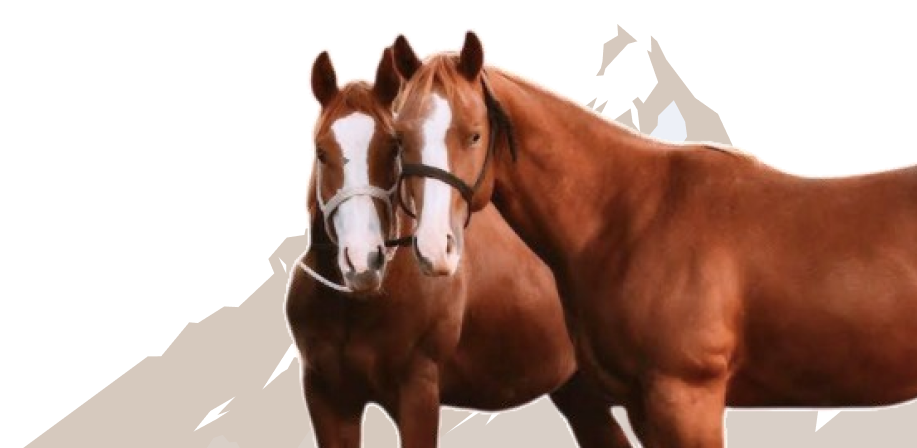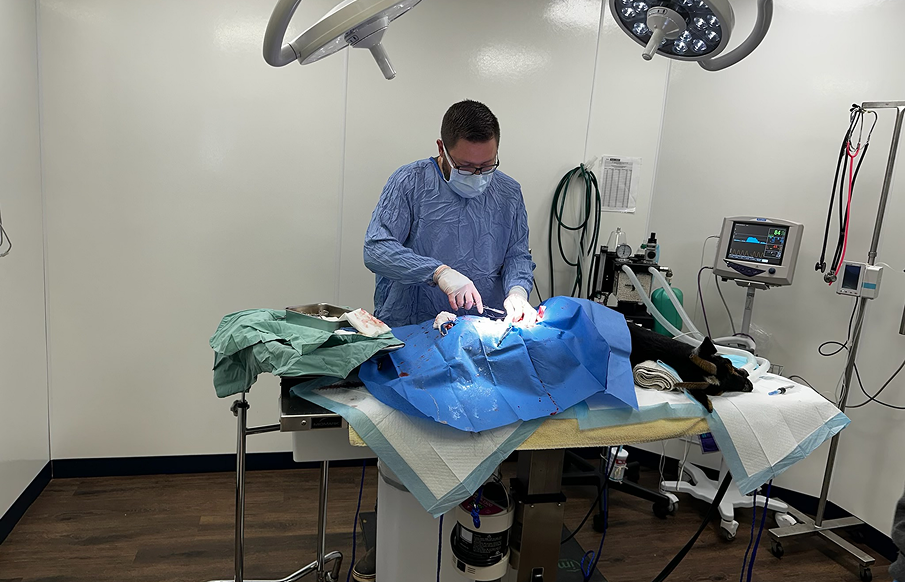Surgery
Surgery Options on Farm and In Clinic

Expert Care for Your Farm Friend!
Schedule Care Today

Castration
Castrated horses make better companion animals, while castrated livestock tend to be easier to handle, less aggressive, and more focused on growth. Additionally, the meat quality of livestock is often improved without the presence of testosterone.
Dehorning or Disbudding
Removing horns helps prevent injuries to other animals and humans, particularly in crowded pens or during transportation. It also reduces the risk of horn-related infections and complications.
C-Section
This life-saving surgery allows both the mother and her calves, lambs, or kids to survive when natural birth is not possible. Timely C-sections prevent the risk of death for both the mother and her young.
Hernia Repair
If left untreated, hernias can lead to serious health problems such as infection, strangulation of the intestines, and pain. Surgery can repair the hernia and prevent further complications.
Power Dental Floats
Power dental floats cause less stress on horses and they are at less risk of trauma during the procedure.
Laceration or Wound Repair
Prompt surgical treatment of wounds helps prevent infections, minimize scarring, and speed up recovery. This is especially important for animals that rely on full mobility for grazing, breeding, or milk production.
